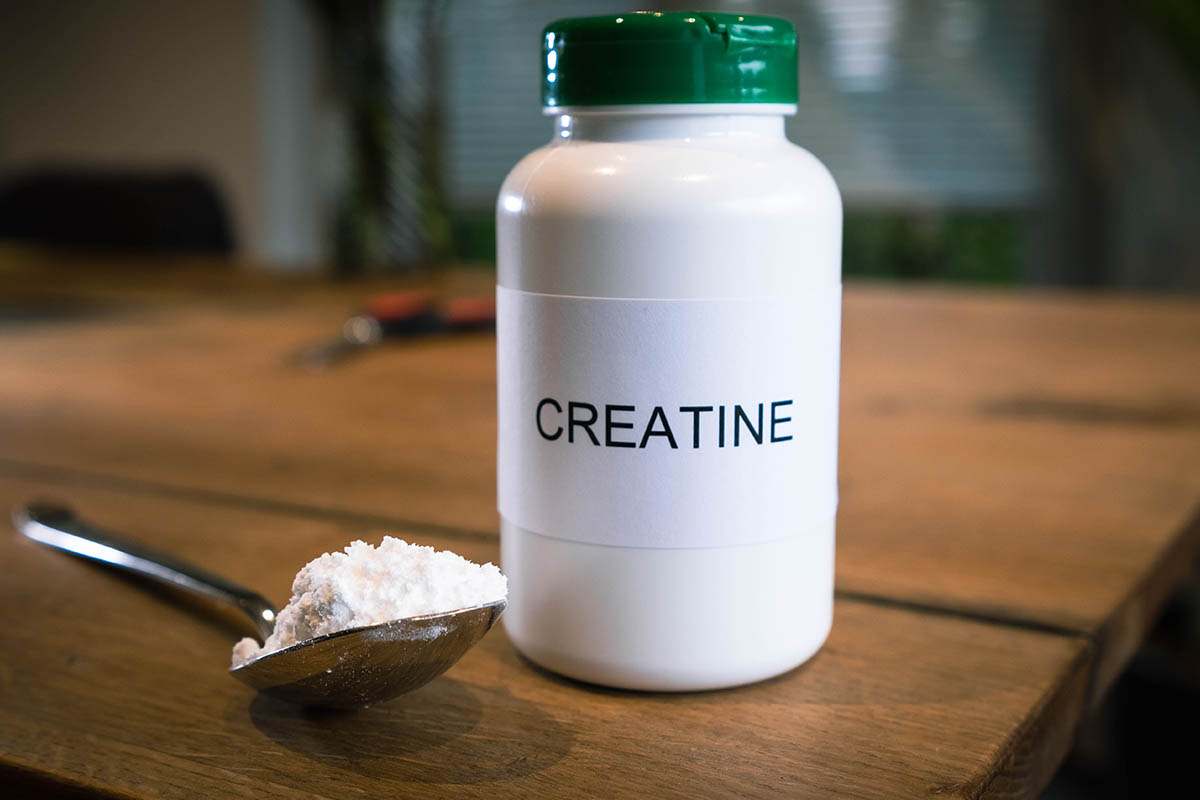Health
Creatine: what it is and what it is used for


Often those who go to the gym, or in any case carry out intense physical activity, tend to take creatine supplements, but what exactly is it and why is it so important for athletes?
Essentially, creatine is a molecule that occurs naturally within people's bodies, mainly concentrated in the muscles and, in smaller quantities, in the brain. Its main function is to provide rapid energy to cells , particularly during short, intense sessions of physical activity such as weight lifting.
Where is creatine found?
Creatine is present in animal food sources: foods such as herring, pork, beef, salmon and tuna contain high quantities of this molecule, which is essential for the rapid supply of energy to the muscles. In contrast, plant-based foods do not contain creatine. As a result, those following a vegetarian or vegan diet may have significantly lower muscle creatine levels than those who consume meat and fish. In this case, it could be useful to supplement with creatine powder, especially in case of intense physical activity (after consulting a specialist).

What is creatine used for?
After having briefly seen what creatine is and where it is found, it is also good to understand what it is for and what benefits it brings to the human body. From its discovery to today, many studies have been carried out on creatine which demonstrate its involvement in the performance of muscular activity, as well as its intervention during short and high intensity training sessions, such as anaerobic activities.
More precisely, taking creatine supplements allows, first of all, to improve physical performance during training sessions, especially if they involve repetitive activities. It also improves muscle power, strength and endurance, which means you can intensify your training sessions. Furthermore, it has been shown that taking creatine promotes the improvement of protein synthesis, increases muscle mass and, which is very important for an athlete, tends to reduce the recovery times needed between one session and another.
As already specified above, people's bodies produce creatine naturally and are also able to assimilate it through correct nutrition and then store it and use it when necessary. Clearly, depending on a person's lifestyle, it may be necessary to take ad hoc creatine supplements in order to increase the intake and obtain the benefits set out above.
How to take creatine?
If you plan to take creatine, you need to follow some advice. Firstly, it is preferable to take 3 grams of this molecule daily for approximately 3-6 months, so as to optimize muscle development and promote sports performance . Furthermore, it is advisable to take it immediately before training or upon waking up, but it is not important to always do it at the same time. Creatine can be added to fruit juices, as they transport the active ingredient to the muscle fibers more quickly.
It is also essential to drink a sufficient quantity of water during the day, in order to prevent dehydration and avoid alcohol and caffeine, which reduce its effectiveness. However, it is always necessary to consult a healthcare professional before introducing creatine into your diet .
Riproduzione riservata © - WT











